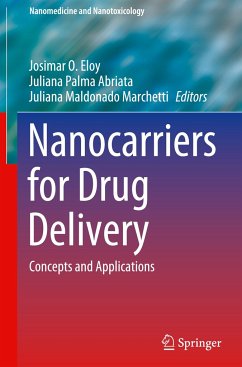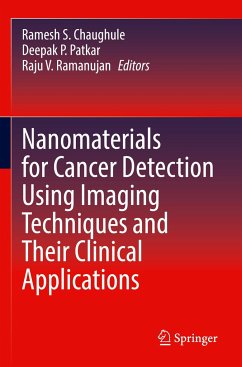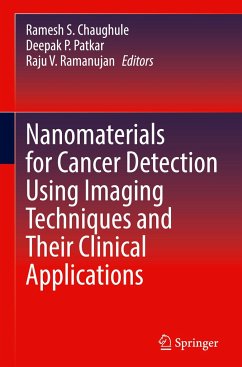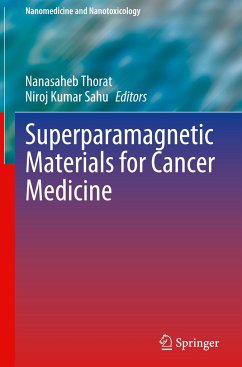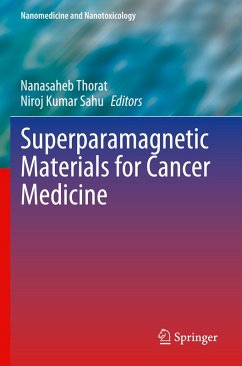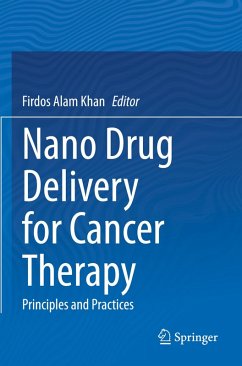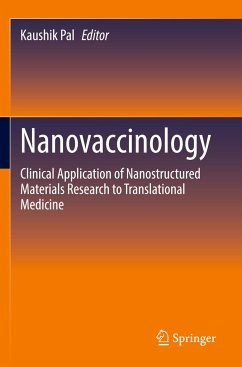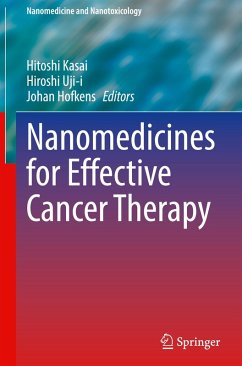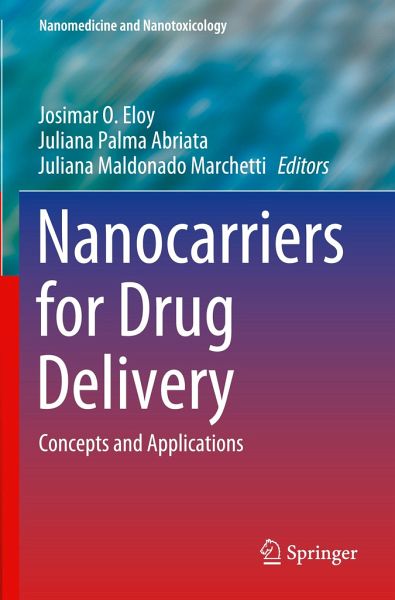
Nanocarriers for Drug Delivery
Concepts and Applications
Herausgegeben: Eloy, Josimar O.; Abriata, Juliana Palma; Marchetti, Juliana Maldonado
Versandkostenfrei!
Versandfertig in 6-10 Tagen
192,59 €
inkl. MwSt.

PAYBACK Punkte
0 °P sammeln!
This book covers basic aspects of different nanoparticles, including type of materials, lipid, polymeric and inorganic structures, synthesis strategies, as well as the main physicochemical characterization techniques. Moreover, this book addresses applications for both treatment and diagnosis of diseases, highlighting in vitro and in vivo findings and clinical evaluation. The chapters highlight the main barriers for drug delivery which can benefit from nanoencapsulation: the topical and oral routes. The main innovations in the field, such as gene therapy and functionalization of nanoparticles ...
This book covers basic aspects of different nanoparticles, including type of materials, lipid, polymeric and inorganic structures, synthesis strategies, as well as the main physicochemical characterization techniques. Moreover, this book addresses applications for both treatment and diagnosis of diseases, highlighting in vitro and in vivo findings and clinical evaluation. The chapters highlight the main barriers for drug delivery which can benefit from nanoencapsulation: the topical and oral routes. The main innovations in the field, such as gene therapy and functionalization of nanoparticles with a variety of moieties, including monoclonal antibodies for selective delivery, are discussed and illustrated with examples. Finally, the application of nanoparticles for drug delivery to cancer is reviewed considering toxicology and regulatory aspects.



